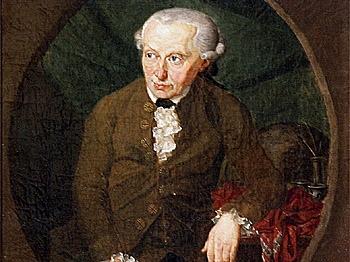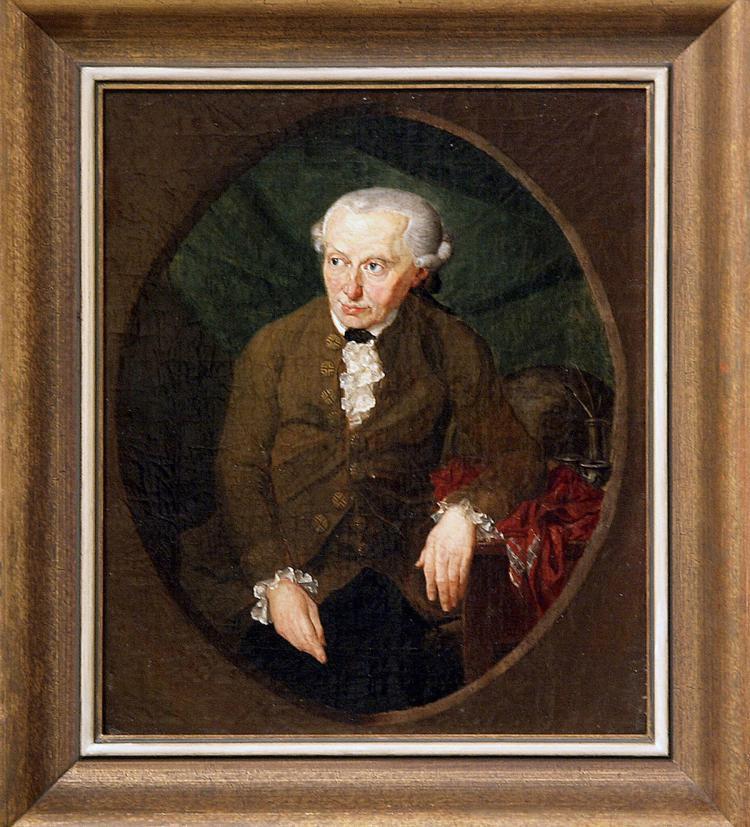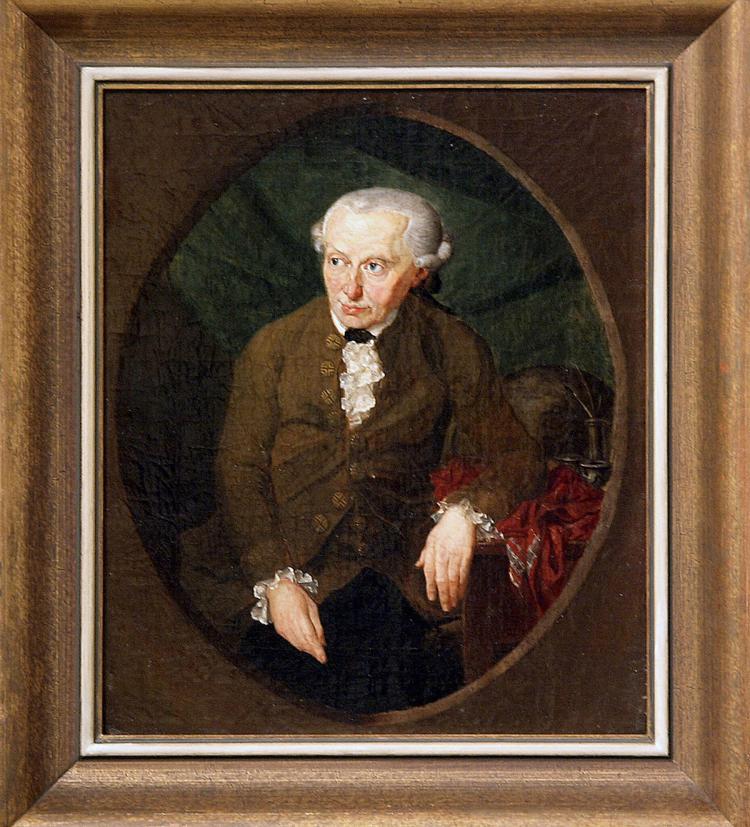Philosophy is very dynamic, and it seems to have no strict rules and limitations. Philosophy seems to have no predefined boundaries in areas to explore, and it can just as well critically study the nature of science, art, and morality.
Philosophy gave birth to modern science and influenced the development of the most trusted and essential tools of modern science, such as logic and the scientific method. It seems that philosophy is free, as free as the mind, limited in scope only by the imagination. Some philosophers hoped that, with the aid of science, they could eventually understand the nature of the universe.
Copernican Revolution in Philosophy
However, after thousands of years of philosophical speculations since the ancient Greeks, that great hope and optimism in philosophy was finally destroyed forever. Immanuel Kant, born on April 22, 1724, caused a virtual Copernican Revolution in philosophy in his later years. He is considered to be the most influential modern philosopher. Of him, the poet Heinrich Heine wrote:
“[H]e lived a mechanically ordered and abstract old bachelor life... Rising, coffee drinking, writing, reading college lectures, eating, walking, all had their fixed time, and the neighbors knew that it was exactly half past three when Immanuel Kant in his grey coat, with his bamboo cane in his hand, left his house door and went to the Lime Tree avenue, which is still called, in memory of him, the Philosopher’s Walk...Strange contrast between the external life of the man and his destroying, world-crushing thought!” (From Henry D. Aiken’s book, The Age of Ideology, pp. 27–28)
In 1781, Kant published The Critique of Pure Reason, his world-crushing thought. It was over 800 pages long. It was a critical and rigorous examination of “pure reason.”
According to Kant, when pure reason goes beyond possibility of human experience, then it will inevitably fall into contradictions where a thesis and its antithesis are both equally valid. For example, consider a question such as “Is the universe finite or infinite?” Then for a thesis that “the universe is finite,” there is an equally valid and unavoidable antithesis that “the universe is infinite.” Without the support of experience, pure reason becomes inherently speculative about how it relates to reality.
Kant crushed the validity of some of the most important philosophical works of metaphysics that were trusted by many for generations.
In metaphysics, generations of philosophers made various attempts to give an exposition of the ultimate nature of the universe. According to Kant, those attempts to give such a complete picture of the universe, well beyond human experience, always result in inevitable contradictions. And before Kant, philosophers had been debating about them without end.
Actually, Kant did not intend to destroy metaphysics. Instead, he wanted to save it by establishing the secure methods of natural science for metaphysics. Kant knew a great deal about science because, in many ways, he was a scientist. And he is considered to be the founder of a major field in modern science. Allen W. Wood, in his introduction to the book “Basic Writings of Kant,” wrote:
“As a researcher, for a time Kant devoted his intellectual labors mainly to questions of natural science: mathematical physics, chemistry, astronomy, and the discipline (of which he is now considered the founder) of ‘physical geography’—what we would now call ‘earth sciences.’”
Kant wanted to raise the status of metaphysics to the level of a genuine science. Ironically, the only way that he was able to make the first step toward that goal was to drastically reduce the scope of metaphysics by demonstrating its inherent limitations. Then metaphysics should not speculate about such things as the ultimate nature of the universe. Instead, metaphysics should confine itself to more practical things that can be grounded on human experience.
Limitation of the Faculty of Pure Reason
The Critique of Pure Reason was also a critical examination of the faculty of pure reason, the nature and structure of the human mind. By “pure reason,” Kant was referring to a pure form of a priori (before experience) knowledge, which has no involvement of a posteriori (after experience) knowledge.
Kant believed that the notions of space and time, as in Euclidean geometry and classical Newtonian mechanics, are derived from necessary synthesis of a priori knowledge, which is determined by some innate characteristics of the human mind.
However, long after the passing of Kant, we now know that Kant was wrong about this. Advances in mathematics have shown that very different kinds of geometry can be just as valid as Euclidean geometry. And Einstein’s theory of relativity has revealed a very different perspective of space and time. Kant would have been even more surprised by quantum theory, which introduces the notion of indeterminacy that challenges the most basic notion of cause and effect.
Although Kant is somewhat outdated, his main principles are timeless and may be just as valid today as when he first published his “world-crushing thought.”
According to Kant, the human mind is not like a mirror that passively reflects reality from the senses of the external world. Instead, the mind actively engages in governing and organizing the sense data into perceptions and concepts. Kant’s distinction between a priori knowledge and a posteriori knowledge is important here. The a priori knowledge predisposes the mind to what the mind can perceive. So, the perception of the external world is not merely derived directly from the senses. Instead, the mind shapes and adds to the perceptions.
According to Kant, what our mind perceives and constructs is different from external things. Although Kant believed that things objectively exist outside of our minds, he concluded that the human mind can never know the “things in themselves.”
This article was originally written for PureInsight.org and is used with permission.




